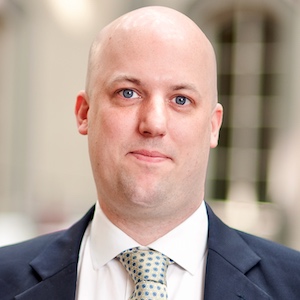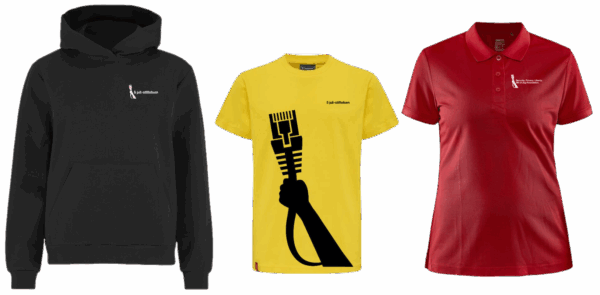
As of today, Dr Erik Lakomaa is Chairman of the 5th of July Foundation, as unanimously decided by the Board of Trustees. He succeeds Oscar Swartz, who had been Chairman of the foundation for over ten years.
Dr Lakomaa is Associate Professor in Economic History at the Stockholm School of Economics, where he has headed the Institute for Economic and Business History Research (EHFF) since 2013. His field of research is how organizations historically have adapted to external change, for example in the form of new technology.
Fun fact: Dr Lakomaa is also a four-time grand master of the quiz show Jeopardy.
Why is the work of the 5th of July Foundation important, Erik?
“The internet is now the public square of the 21st century. Yet, while we would never accept routine searches of our homes or prior restraint on our newspapers, many governments treat the online world as a legal Wild West, vacuuming up data, restricting speech, or outsourcing censorship to private platforms. These intrusions are spreading not only in authoritarian states, but in democracies that should know better.”
“The 5th of July Foundation exists to make sure our fundamental freedoms travel with us online. We defend the right to speak, to read, and to connect without being watched—matching principled advocacy with the practical tools that turn digital rights from slogans into safeguards.”
How does the Foundation’s work connect to your previous experience?
“For two decades my research has focused on the interaction between technology, markets, and the law. This also includes how unchecked data collection distorts power, and how even well-meaning legislation can chip away at civil liberties. I have collaborated with activists, engineers, and fellow scholars to expose surveillance overreach and to craft policy rooted in human rights.”
“Chairing the 5th of July Foundation is therefore a continuation of the same mission, only with a different and bigger toolbox.”
What is your vision for the 5th of July Foundation?
“I want us to remain fiercely independent and focused on the essentials: defending digital rights and building alternatives where others won’t. That includes maintaining secure infrastructure, challenge surveillance laws, and standing up for privacy and free speech, even when it’s unpopular or inconvenient.”
“At the same time, I’d like to broaden our reach, to work more closely with researchers, educators, and grassroots groups in Sweden and abroad. Democracies don’t protect themselves. Neither does the internet. Our role is to help do both.”

